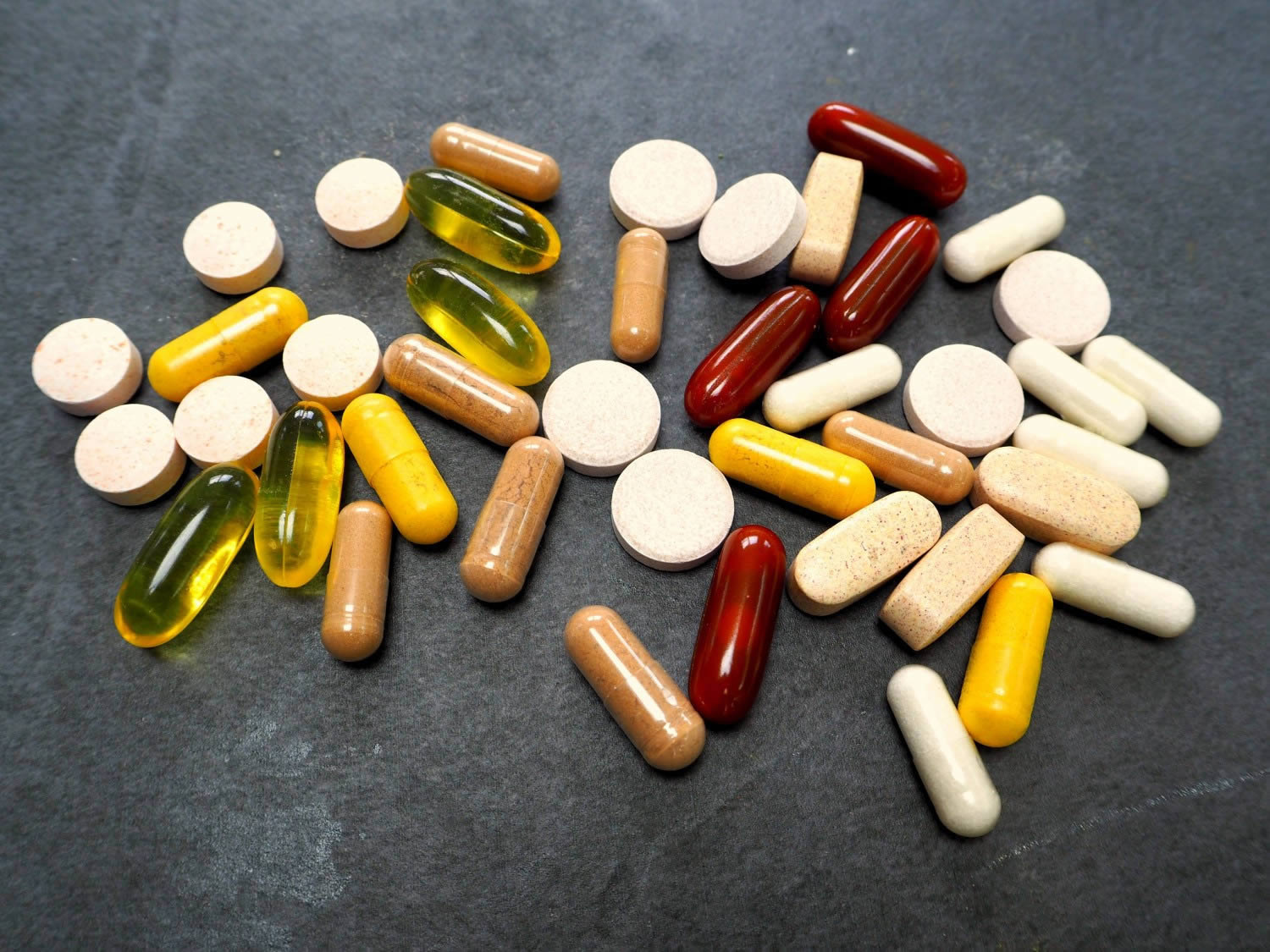Taking cheap supplements can be a false economy. With calcium for instance, reputable brands use a form that’s highly absorbable so you can be confident that the product provides you with roughly what it says on the label. Not so for cheaper brands and many high-street options. They often use calcium carbonate – more commonly known as chalk!
Absorption can range from 1-89 percent depending on many factors, mostly what the nutrient is bound to. This means more expensive options are actually more cost effective and efficient. Plus, with quality products you often get significantly more of the expensive nutrients, such as fat-soluble vitamins. You may get three times as many for an extra 10p a day.
Fish oils are another anomaly. Basically, good quality omega 3’s are those which use small fish such as anchovies. These have repeatedly been shown to be the least toxic (it’s no news flash that our rivers and seas are polluted these days). Oils are quick to degrade so they need to be protected and reliable companies include an antioxidant (usually in the form of vitamin E) to protect the fats from going rancid. Some products are even ‘micellised’ meaning they can be absorbed straight away. This not only means you need less, but it’s also perfect for anyone with digestive problems.
So how do you know what you’re taking?
In my opinion, good independent health shops sell supplements from reputable manufacturers, so you can trust their integrity and science-based offerings. High-street and ‘own’ brand products are often inferior. It comes down to this, the cheaper the product, the cheaper the ingredients. You wouldn’t put shoddy fuel in your car, so why cut corners with your supplements? You’re making a health investment, so its worth knowing a bit about what you are buying.
The important thing to remember in all this is that the key way to boost your health is to get your diet on track – all the supplements in the world won’t make up for eating badly. You can have the most expensive nails, but if the wood is rotten, there’s no fixing the fence. So too with our bodies. Supplements are just that, supplemental to a healthy diet, providing you with that extra edge to enhance your health.
The technical stuff:
- Cheap supplements rarely contain important cofactors which are necessary for certain nutrients to be utilised properly. For example, bioflavonoids aid the absorption of vitamin C. It’s the combinations of synergistic nutrients, in the right amount, backed by quality science that distinguishes the good from the bad.
- All supplements need some binders and fillers but some also have additives and undesirable colours – check the label for these
- Some vitamins can be synthetic. There is evidence that the fat-soluble ones (A, D, E and K) are better and safer from natural sources
- Good quality supplements use vitamin D3 (D2 is not utilised by our body so is pretty pointless)
- Generally ‘oxides’, ‘sulphates’ and ‘carbonates’ are not readily absorbable forms (these refer to the compound the mineral is bound to and usually follows the name of the nutrient eg calcium carbonate). The easiest forms for the body to use are citrate, picolinate, aspartate, glycinate, glutamate and amino acid chelate.
This may all seem a bit of a minefield – it is. That’s why it takes so many years to train as a Nutritional Therapist and it’s a continuous learning curve keeping up to date with new legislation and new products. If you want a complete supplement programme its worth talking to a professional to make sure it’s right for you. If you just want to boost your daily nutrition, make sure you pay attention to the label and choose well recognised and well respected companies.
We hope you enjoyed this article. If you have any questions on supplements leave a comment below or on our facebook page and don’t forget to sign up to our newsletter to receive more recipes, nutrition tips and expert advice.





